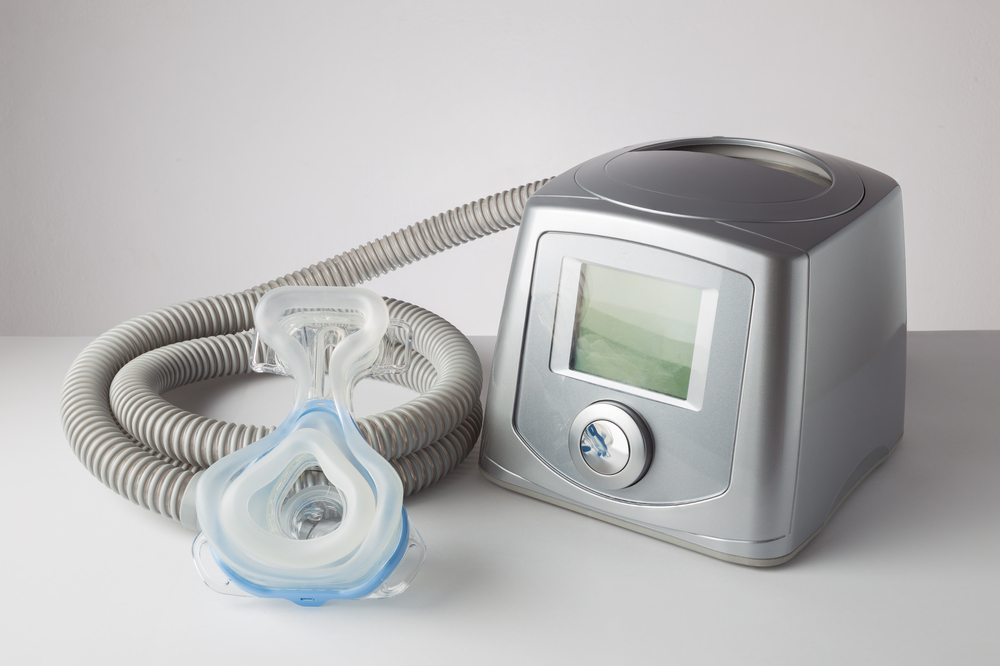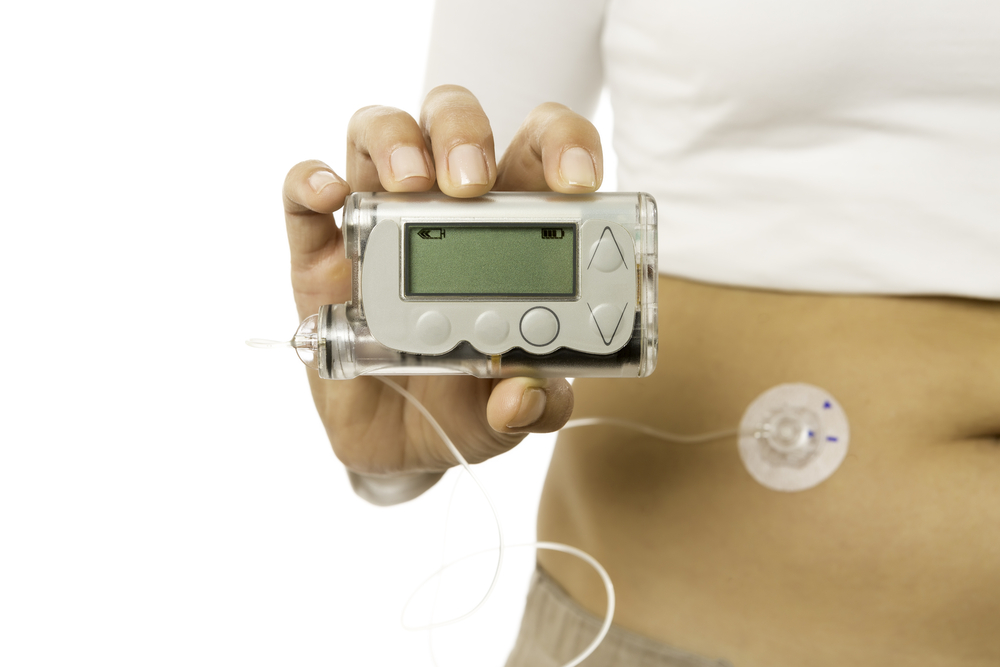Despite New Technology, IVC Filters Continue to Fail
There is currently only one IVC filter still available on the market, but it possibly poses the same problems and risks as its predecessors.
Inferior Vena Cava (IVC) filters are tiny medical devices implanted into the large vein that returns blood from the body to the heart (the “Vena Cana”). The filter’s function is to stop any traveling blood clots before they move to the lungs, resulting in a pulmonary embolism (PE). The devices are intended to be “retrievable,” implanted only as long as necessary to prevent a PE.
In 2010, the FDA issued a warning that retrievable IVC filters were remaining in the body past the time when they should have been removed, leaving patients at risk for the filter to fracture or migrate, causing puncturing or perforation.
At the time the agency recommended that physicians and clinicians responsible for the long-term care of their patients remove the IVC filters as soon as possible—that is, as soon as the patients were no longer at risk for a PE.
The manufacturer primarily responsible for the G2 IVC filter is Bard, a New Jersey-based medical device maker. Bard recently released an updated version of their IVC filter, the Denali, which is the only version of the product which the company still sells. It was approved in 2013 and uses different materials than the earlier versions. However, reports began coming in as early as 2015 of the filter fracturing, shooting fragments into patients’ ventricular walls.
In March 2017, a Washington state patient sued Bard, alleging that the company has once again downplayed the risks of its IVC filters.
IVC filters have been in use since 1993, and complaints about the devices began to surface in 2004. But the company continued to sell the devices and did not notify the FDA of complaints or device failures.
The first lawsuits regarding medical injury caused by Bard IVC devices were filed in state courts in California and Pennsylvania in 2012, but several lawsuits in federal courts followed. The company currently faces hundreds of lawsuits from patients across the country.
Notwithstanding claims relating to this product, the drug/medical device remains approved by the U.S. FDA.
News Tags
- urgent
Have you been affected by a drug or device listed?

You May Be Eligible for Compensation.
If you or a loved one suffered injury or death after using a drug or medical device, contact us today for a free case evaluation.
We value your privacy. By submitting this form, you agree to our privacy policy and disclaimer.


